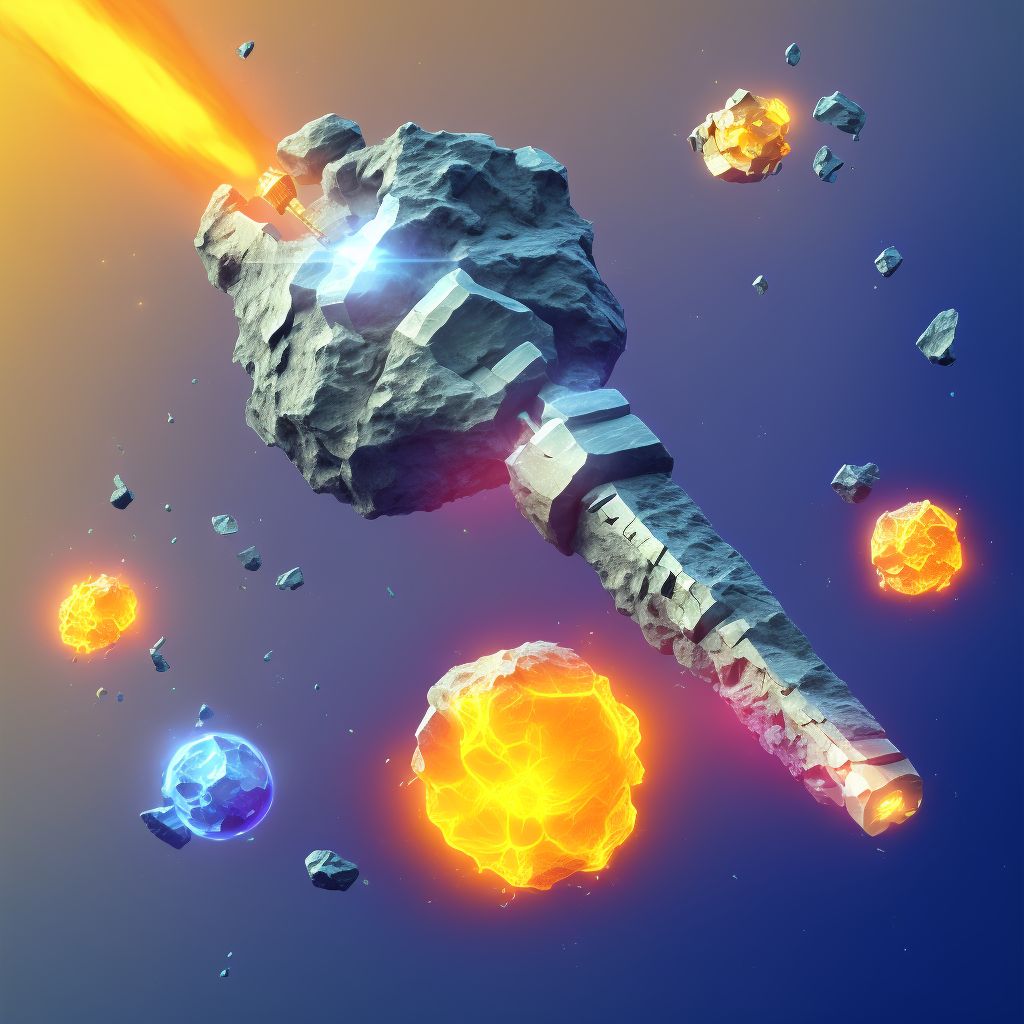
Displaced comminuted fracture of shaft of left fibula, subsequent encounter for open fracture type I or II with delayed healing Save
ICD-10 code: S82.452H
Disease category: S82.452: Displaced comminuted fracture of shaft of left fibula
Understanding Displaced Comminuted Fracture of the Shaft of Left Fibula
A displaced comminuted fracture of the shaft of the left fibula refers to a complex fracture where the bone is broken into multiple pieces and has shifted out of its normal position. This type of fracture often occurs due to high impact trauma, such as a severe fall or a sports injury. In some cases, it can result in an open fracture, where the broken bone penetrates through the skin.
When a displaced comminuted fracture of the shaft of the left fibula is diagnosed, it is crucial to seek prompt medical attention. Upon examination, healthcare professionals may classify the fracture as type I or II, depending on the severity and extent of the damage.
- Type I: Type I fractures involve a clean break where the bone fragments remain aligned, despite the displacement.
- Type II: Type II fractures are more severe, involving significant displacement and misalignment of the bone fragments.
Following the initial treatment, patients often require subsequent encounters for monitoring and managing the healing process, especially if delayed healing occurs. It is important to note that this article will not cover treatment options, but rather focus on understanding the nature of the condition.
Delayed healing is a common complication associated with comminuted fractures of the fibula shaft. Factors such as the severity of the fracture, the patient's age, overall health, and compliance with treatment can influence the healing process. While some fractures heal within the expected timeframe, others may take longer, leading to delayed healing.
During subsequent encounters, healthcare professionals will assess the progress of healing, monitor any potential complications, and provide appropriate recommendations. These encounters may involve imaging tests, such as X-rays, to evaluate the bone's alignment and the formation of new bone tissue.
In conclusion, a displaced comminuted fracture of the shaft of the left fibula is a complex injury that requires immediate medical attention. Subsequent encounters are necessary to monitor the healing process and address any potential complications. Remember to consult with a healthcare professional for personalized advice and treatment options.
Treatment of Displaced comminuted fracture of shaft of left fibula, subsequent encounter for open fracture type I or II with delayed healing:
Treatment Options for Displaced Comminuted Fracture of Shaft of Left Fibula
A displaced comminuted fracture of the shaft of the left fibula can be a challenging injury to treat. It is characterized by the fracture of the long, slender bone located on the outer side of the lower leg. In some cases, this fracture may also be accompanied by delayed healing, which further complicates t...
To see full information about treatment please Sign up or Log in